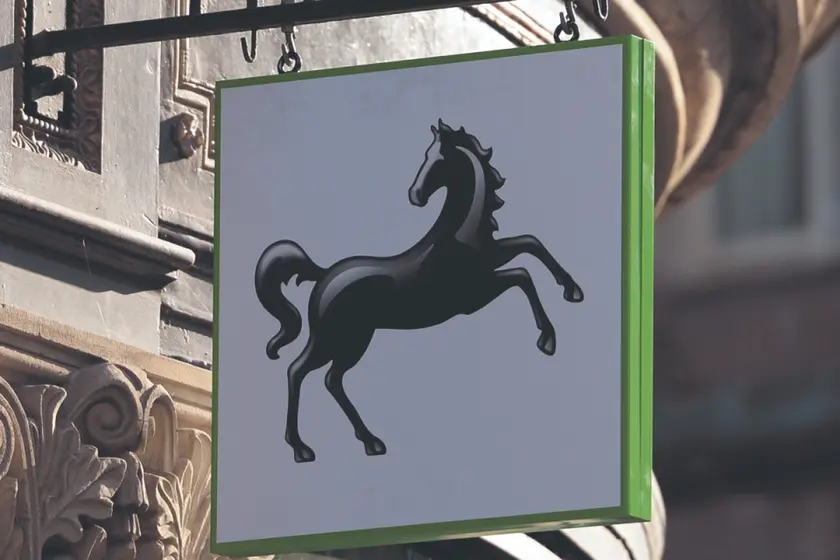T4K3.news
Car finance redress scheme update
The FCA expects to publish details by October with first payments in early 2026.

The FCA plans a redress scheme for mis-sold car finance with average payouts around £950 and first payments expected in early 2026.
Millions eligible for £950 mis-sold car finance refunds
The Financial Conduct Authority is preparing a redress scheme for drivers affected by mis-sold car finance. A Supreme Court ruling earlier this year narrowed the scope by limiting payouts for claims based on secret commissions, but the regulator says there could still be compensation for discretionary commission arrangements. The FCA estimates the average payout around £950 and notes that a substantial number of drivers could be affected by discretionary commission deals in deals signed between 2007 and 2021. Details are expected by October, with first payments likely to start in early 2026. Consumers are advised to file complaints with their finance providers now and to keep all paperwork, while avoiding third party firms that charge high fees.
To claim, individuals should check PCP or HP agreements and contact their finance provider. If a paper copy exists, gather the name, policy number, date of agreement, vehicle plate and current address. If no copy is available, request it from the lender or dealer. The regulator says firms should retain paperwork, which could help claims. The FCA is still undecided on whether the scheme will be opt-in or opt-out and on how much interest will be paid on refunds.
Key Takeaways
"Refunds must reach the people who paid too much"
Editorial stance on fairness in redress
"Clear rules beat red tape in this redress"
Call for transparent criteria
"Delays risk eroding trust in lenders and regulators"
Public reaction concern
"This plan could set a new standard for consumer redress"
Policy implication
The plan tests how far regulators will go to repair perceived wrongs in a market where sales tactics have long looked opaque. The Supreme Court decision narrowed the potential payouts by ruling against claims tied to secret commissions, which tempers expectations and focuses attention on discretionary arrangements. The FCA’s timetable—details by October and payments starting in 2026—puts pressure on lenders to cooperate and on consumers to stay informed. If the process stays clear and timely, it could restore faith; if it bogs down in red tape, it risks leaving people waiting for years.
A broader theme here is accountability. This move could force lenders to rethink how they price risk and disclose costs. It also raises questions about how to balance swift redress with accurate calculations of who was truly affected. The outcome may set a standard for how future mis-selling cases are handled across sectors and influence public perceptions of both lenders and regulators.
Highlights
- Refunds must reach the people who paid too much
- Clear rules beat red tape in this redress
- Delays risk eroding trust in lenders and regulators
- Justice should be simple not another paperwork maze
Budget and political sensitivity around car finance refunds
The redress scheme could require substantial payouts and affect public budgets, inviting political scrutiny and potential backlash from lenders and consumers if details are unclear or delayed.
The next steps will reveal how quickly and fairly refunds reach affected drivers.
Enjoyed this? Let your friends know!
Related News

Elon Musk awarded shares worth $29 billion

Potential payouts confirmed for car finance consumers

Car finance lenders share prices rise sharply after court ruling

Supreme Court rules against car finance motorists

UK lenders see shares jump after court ruling

Share prices rise after Supreme Court ruling

FCA warns of fake compensation calls

UK Supreme Court rules on car finance scandal
